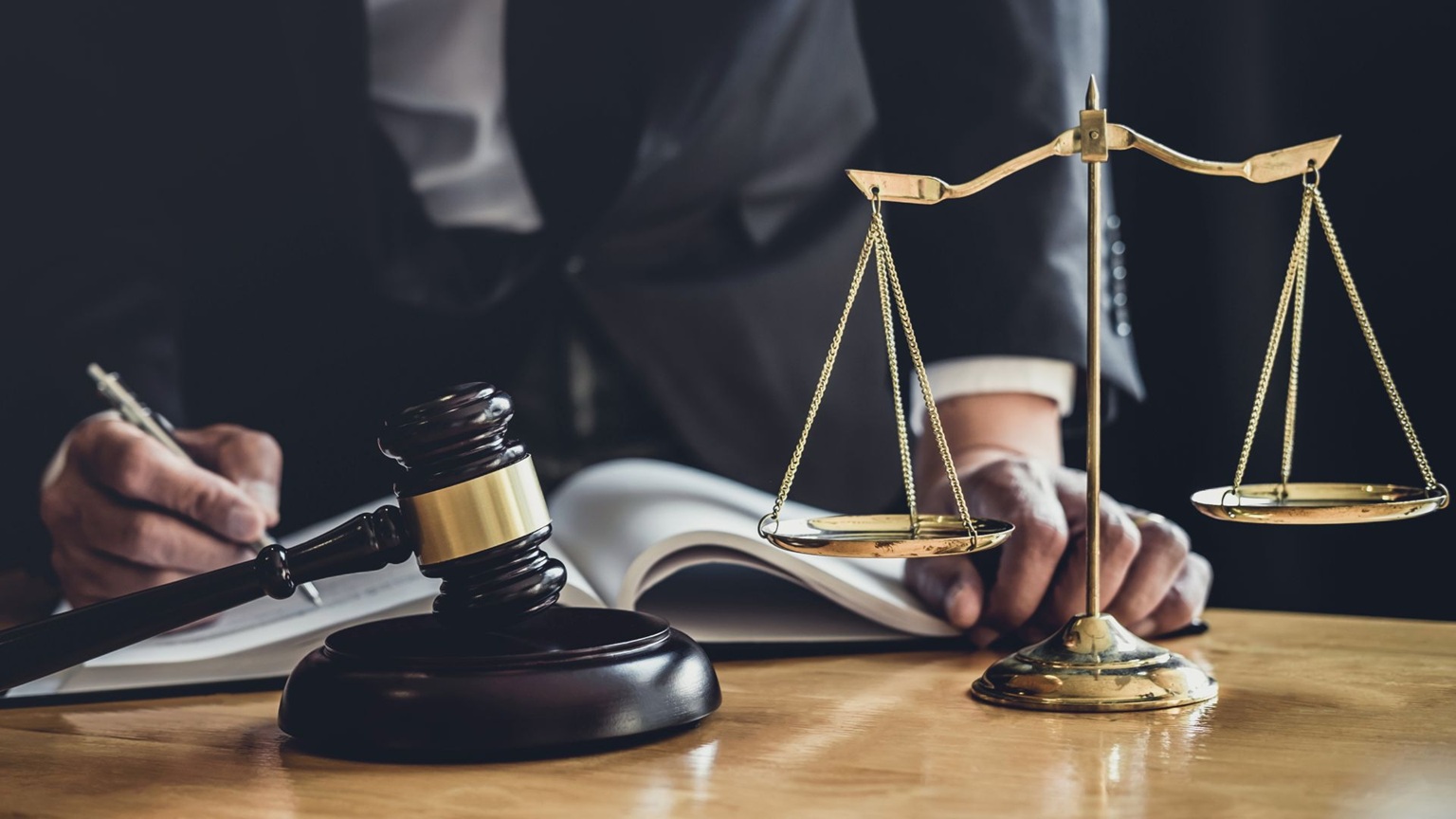
Understanding your Miranda rights is critical if you are questioned by law enforcement in Georgia. These rights protect us from self-incrimination and ensure we are informed about our right to remain silent and to have an attorney present. If these rights are not properly read or respected, it can have significant effects on the outcome of a criminal case.
As lawyers familiar with Georgia’s legal process, we know firsthand how vital it is to have a skilled Miranda rights lawyer in Georgia on your side. Navigating the complexities of arrest and interrogation requires clear guidance, especially when your rights may be at risk. Let’s explore when Miranda rights apply, what they mean for us as individuals, and how legal counsel can make a difference.
Understanding Miranda Rights and Legal Representation in Georgia
Miranda rights protect individuals during police questioning or after an arrest. Knowing when these rights apply and how a Miranda rights lawyer in Georgia can help is essential for building a strong defense.
What Are Miranda Rights?
Miranda rights are legal protections that stem from the Fifth Amendment, preventing self-incrimination during police interrogations. When we are taken into custody, law enforcement must inform us that we have the right to remain silent and the right to an attorney.
This warning is commonly known as the Miranda warning. It typically includes statements such as:
- “You have the right to remain silent.”
- “Anything you say can and will be used against you in a court of law.”
- “You have the right to an attorney. If you cannot afford one, one will be provided for you.”
Understanding and invoking these rights is a fundamental part of the criminal process and protects us from coerced confessions or statements that can harm our defense.
When Law Enforcement Must Issue a Miranda Warning
The requirement to issue a Miranda warning is specific. Police do not have to recite the warning during routine stops or before asking questions at the scene, such as during a traffic ticket or initial investigation.
Law enforcement must provide a Miranda warning only before a “custodial interrogation.” A custodial interrogation occurs when we are both in police custody (not free to leave) and subject to direct questioning or its equivalent about the alleged crime.
If officers fail to give this warning at the appropriate time, anything said during the interrogation may be inadmissible in court. The booking process, like questions about our name or address, is usually exempt and doesn’t require Miranda warnings.
Consequences of Miranda Rights Violations
When police do not properly advise us of our Miranda rights, any statements or confessions made during custodial interrogation can often be excluded from evidence. This exclusion can weaken the prosecution’s case, especially if their evidence relies on our self-incriminating statements.
Judges may suppress any coerced confessions resulting from improper questioning. Without these statements, criminal charges sometimes cannot be proven, leading to a dismissal or reduction of charges. However, this only applies to statements made after custody and interrogation begin; information given voluntarily before this point may still be used.
Role of a Miranda Rights Lawyer in Georgia
A Miranda rights lawyer in Georgia plays a critical role in protecting our constitutional rights. These criminal defense lawyers review arrest and interrogation procedures to ensure law enforcement followed legal requirements.
If our rights were violated, an experienced criminal law attorney can file motions to suppress unlawfully obtained evidence or statements. Representation includes guiding us through the legal process, challenging improper police practices, and negotiating with prosecutors.
During a free consultation, a defense lawyer assesses whether our rights were compromised, discusses potential defenses, and outlines legal strategies. Prompt legal guidance helps us avoid self-incrimination, strengthens our defense, and can impact the case outcome significantly.
Navigating Criminal Charges with Skilled Legal Support
In Georgia, legal outcomes often depend on both the charges involved and the strategies used to protect rights. Our understanding of state and federal laws allows us to approach each stage with clarity, from investigation to possible appeals.
Types of Criminal Offenses in Georgia
Georgia law recognizes several categories of criminal offenses. Felonies—such as armed robbery or aggravated assault—carry more severe penalties, including long prison sentences. Misdemeanor crimes, like simple battery or shoplifting, may lead to fines, probation, or shorter jail terms.
Petty offenses involve minor infractions, typically resulting in fines rather than incarceration. Some cases may involve federal offenses, including crimes investigated by agencies like the FBI or DEA, which fall outside typical state jurisdiction.
Our clients face consequences beyond imprisonment, such as long-term impacts on background checks and employment. Being aware of the charge’s classification and potential penalties helps us tailor an effective criminal defense.
Defense Strategies and Miranda Rights
Miranda rights are fundamental when facing custodial interrogation. If law enforcement fails to advise us of our right to remain silent or to have a lawyer present, any resulting statements may be inadmissible.
Effective defense often focuses on whether our rights were respected during interrogation or search and seizure. We examine police procedures, looking for violations that can change the course of a prosecution. Inadmissible evidence or coerced confessions often weaken the prosecutor’s case.
We consider public defender or private attorney options based on needs and the seriousness of the charge. Appeals may focus on errors in Miranda warnings or improper evidence gathering during the investigation.
Impact of Miranda Rights on Investigations and Prosecutions
Proper Miranda warnings directly affect criminal investigations and prosecutions. When rights are violated, statements or confessions may be excluded from evidence, significantly impacting the prosecutor’s ability to prove guilt.
We thoroughly analyze police interviews, searches, and case files to identify procedural flaws. In cases involving felonies and misdemeanors, a Miranda violation might result in dismissal or reduction of charges.
Our legal experience allows us to leverage procedural errors during negotiations with the prosecution, safeguarding our clients’ legal interests. By making Miranda rights a central focus, we ensure law enforcement accountability throughout the process.





